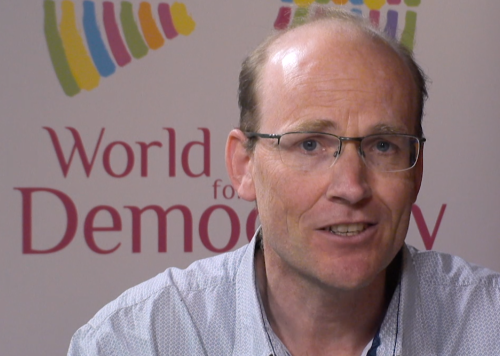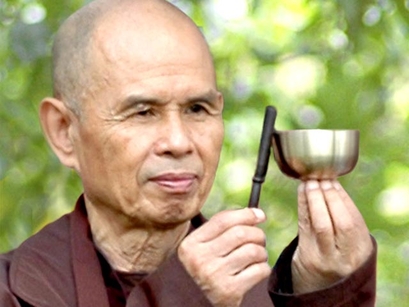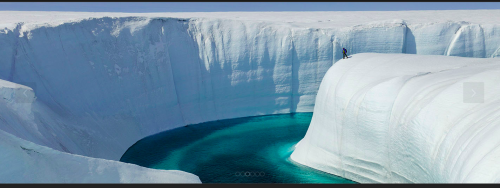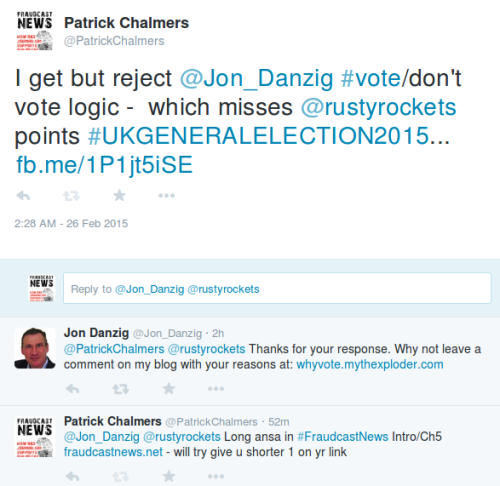
I am excited about a nascent democracy innovation project – called Way Deeper Democracy – for which I am seeking partners, supporters, funders and everyday political visionaries. I imagine partners coming maybe from among media organisations, academic researchers, grassroots democracy activists, progressive foundations and, maybe, even existing politicians or political organisations.
I will provide more details in the coming weeks, though feel free to contact me via my twitter account if you want to know more right away. For now, these are the main elements.
Project Vision
Public decision-making processes reflect citizens’ informed views by way of responsive, transparent, accountable and inclusive processes. Political systems at all levels of government are profoundly more trustworthy and fit for purpose, easing societal tensions, fears and frustration.
Project context
Fairer, more inclusive ways of public decision-making are springing up across different continents, offering people more say in the political decisions that shape their lives. The effect is to free people’s energies, imagination and creativity for themselves, their fellow citizens and communities.
Among the most promising are lottery-based systems – using randomly selected groups of people to reflect on political questions and recommend solutions, much like criminal juries. Another is participatory budgeting, an idea born of efforts to ease extreme poverty in Brazil, which gives citizens direct influence over how sizeable amounts of public money are spent where they live.
Findings from such systems showcase people’s inherent political wisdom and natural sense of social justice. They demonstrate the real possibility of radically better decisions to those delivered by existing political systems. The idea of their spread elsewhere raises enticing prospects of a politics that is way more inclusive, responsive, transparent and accountable for the people affected.
Practicalities
There are currently four categories of project activity – doing (ACT), learning (LEARN), teaching (KNOW) and advocating (ADVOCATE). The “doing” relates to the carrying out of experiments in democratic innovation while “learning” refers to the documentation and dissemination of related findings. “Knowing” and “advocating” relate respectively to educating people about the fundamental meaning and history of democracy and the championing of better systems of government.
Before all that, there is still a precursor phase to get through, which is now. That involves gathering together trusted partners and allies to turn these basic ideas into concrete plans for action.
That could be you.
If you think it might be, don’t hesitate to get in touch, via twitter, by commenting below this post or by writing an email to me by joining together “patrickchalmers” with “orange.fr” using the “@” symbol.












